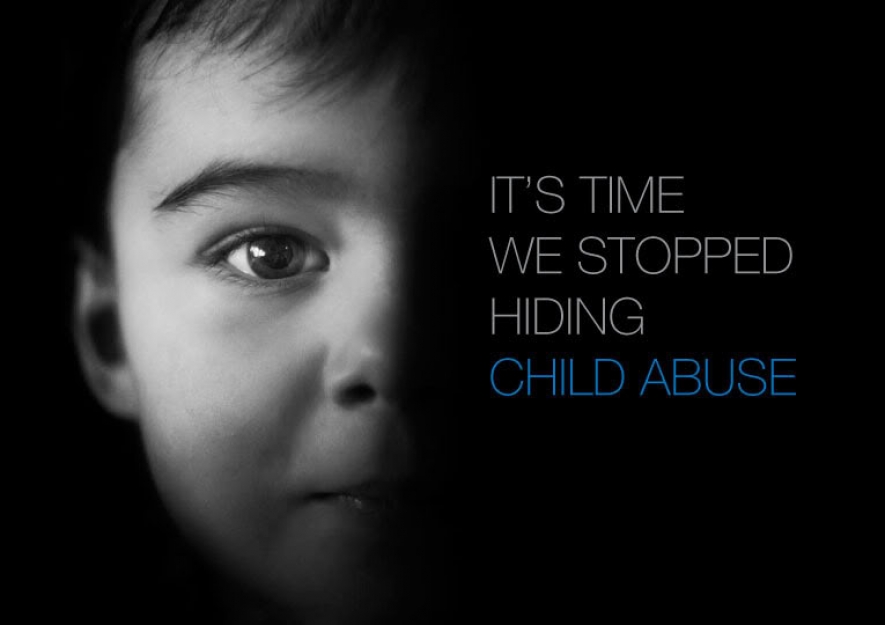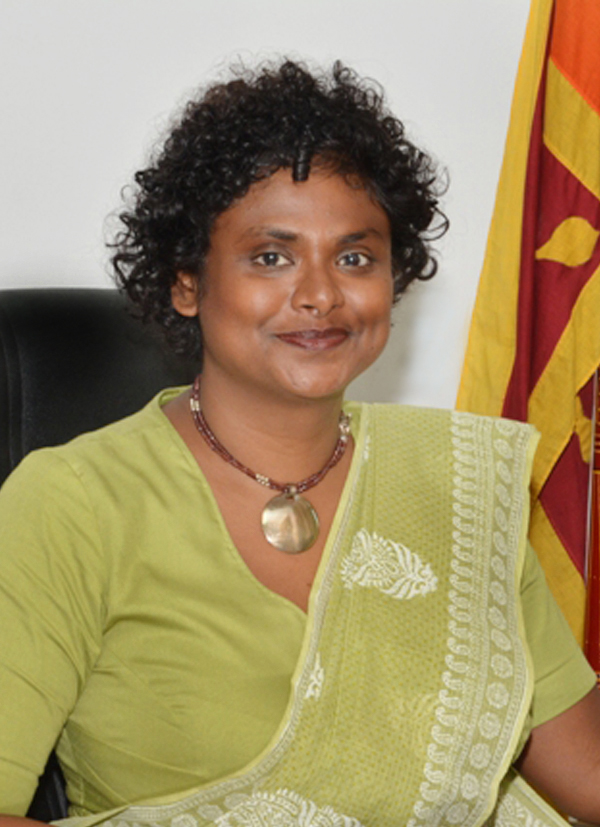 “Sri Lankan society is culturally inculcated to treat children as treasures, The guiding philosophy of Sri Lanka has been to place children at the center of policy making. We consider young people as the “Agents of Development” in our National Policy framework. They are a precious asset to be protected and fostered", the Chairperson of the National Child Protection Authority (NCPA) Natasha Balendra told www.news.lk while she was interviewed by the Government official news portal of Sri Lanka.
“Sri Lankan society is culturally inculcated to treat children as treasures, The guiding philosophy of Sri Lanka has been to place children at the center of policy making. We consider young people as the “Agents of Development” in our National Policy framework. They are a precious asset to be protected and fostered", the Chairperson of the National Child Protection Authority (NCPA) Natasha Balendra told www.news.lk while she was interviewed by the Government official news portal of Sri Lanka.
Speaking to the www.news.lk regarding the measures taken to protect the children in the country Mrs.Natasha Balendra said that one of the main measures she has taken since taking over was to ensure that the activities of the NCPA will be carried out without any political influence or interference. “We will monitor each case independently. I have assured my staff that they can go ahead with their duties without any political meddling and fear of repercussions.”
Talking about the measures taken by the NCPA a month since her takeover, Balendra said that they had started conversations on many fronts and one of them was the need to focus more on the NCPA mandate, which is to advice on policy and law reform as well as take measures to prevent child abuse. Child abuse comes in four different forms such as physical, sexual, psychological or emotional abuses and neglect. Physical abuse involves physical aggression directed at a child by an adult causing harm to the child’s health, existence, development and dignity. “In terms of policy we already engage in advising the Ministry of Justice on the Child Judicial Question Bill which is before the cabinet at the moment and we have suggested various changes to the law.
“We have also made proposals for reforms to other laws to make them more protective of children. We have also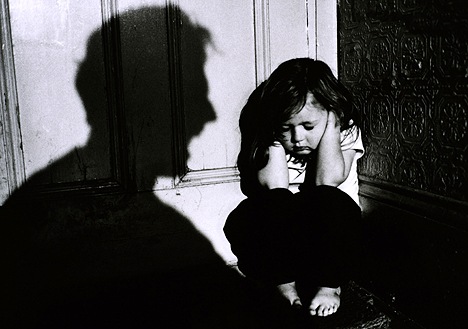 commenced discussions with the Probation and Childcare Commissioner to strengthen the ties between our two institutions. One of the problems in the past has been that there has been some tension between the NCPA and the Probation and Childcare Commission. However if we are to bring about a positive change these two institutions have to work together at a divisional level. Unless we work as a team nothing can and will be achieved and as a result it is the children who have to pay the price,” she added.
commenced discussions with the Probation and Childcare Commissioner to strengthen the ties between our two institutions. One of the problems in the past has been that there has been some tension between the NCPA and the Probation and Childcare Commission. However if we are to bring about a positive change these two institutions have to work together at a divisional level. Unless we work as a team nothing can and will be achieved and as a result it is the children who have to pay the price,” she added.
She also stated that the NCPA had also started talking to a few schools, because they felt that child protection in Sri Lanka is mainly focused where we address the issues only after the child has been abused. “While keeping our focus on dealing with such cases, we also want to focus more on preventative measures through intervention of all parties coming together and working as a team. So we have commenced discussions with a few schools as a pilot project to see if we can work very closely with them and have ongoing educational programmes and workshops for teachers, parents and children to see how best we can address some of the causes of child abuse; sexual, physical and mental abuse.
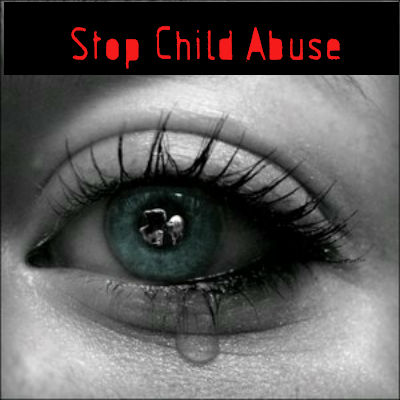 We have just started this programme and we also intend to make proposals to the IGP to strengthen the women’s and children’s bureau and to set up a separate children’s division in the police.
We have just started this programme and we also intend to make proposals to the IGP to strengthen the women’s and children’s bureau and to set up a separate children’s division in the police.
We have a lot of child abuse cases being reported to us and sometimes there is no capacity in our system to deal with them. We don’t have trained, specialised people at police stations and even the Probation and Childcare officers are transferred in and out.
We want to help setting up a system where there could be a specialised child protection and care unit within all of these departments. We also have lots of other plans in the pipeline but these are some of our priorities at the moment.”
Regarding the childcare homes she said that one of the issues they face is a very little emphasis put on these homes and as a result they are understaffed with trained staff and facilities etc. Hence one of the main plans is to make proposals to channel the funding that comes under probation and childcare to where these children actually are, to these institutions.
Then once we get that in place, we will monitor complaints about these institutions and then we will be in a better position to prevent the abuse and neglect happening in some of these institutions.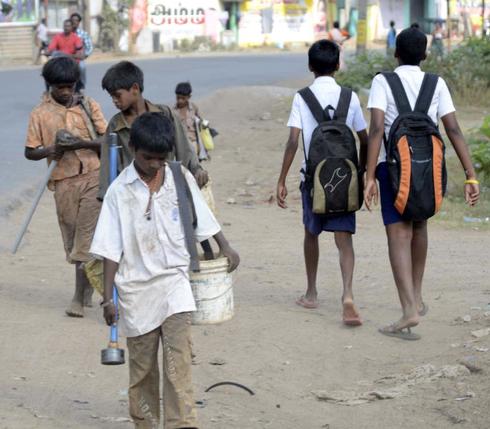
Increasing the number of courts designed for child-friendly proceedings and establishing children’s courts in particular are of paramount importance to reduce child abuse. Clearing the backlog and speeding up hearings of child abuse cases are also among other measures being looked at.
However it is not only the legal system that needs to be changed, say activists, but the societal attitude as a whole that treats victims as the wrongdoers and force them to stay quiet and suffer rather than come out in the open, should also be changed.
By Sureshika Samindi Thilakarathna
